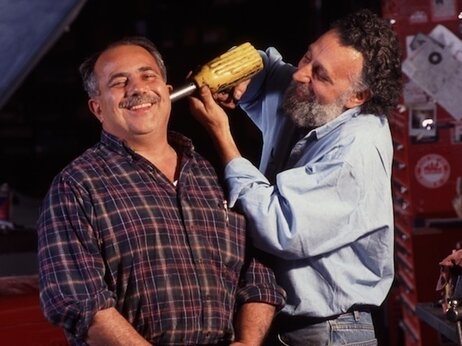Senator Ted Cruz at the Hotel Captain Cook in Anchorage, Alaska, on Nov. 1, 2014. (Sebastian Payne/The Washington Post)
ANCHORAGE — Sen. Ted Cruz spent the final weekend of the midterms on the far edge of the country trying to help fellow Republican Dan Sullivan win a race the GOP is counting on in its effort to retake the Senate.
It’s a team-player role the tea party firebrand from Texas has filled a handful of times this fall — but one he plans to abandon if Republicans win control of both congressional chambers.
In an interview at the Hotel Captain Cook here between campaign stops for Sullivan, Cruz made it clear he would push hard for a Republican-led Senate to be as conservative and confrontational as the Republican-led House.
Piggybacking on what House leaders have done, Cruz said the first order of business should be a series of hearings on President Obama, “looking at the abuse of power, the executive abuse, the regulatory abuse, the lawlessness that sadly has pervaded this administration.”
Cruz also would like the Senate to be as aggressive in trying to repeal the Affordable Care Act as the House, which has voted more than 50 times to get rid of the law.
Republicans should “pursue every means possible to repeal Obamacare,” Cruz said, including forcing a vote through parliamentary procedures that would get around a possible filibuster by Democrats. If that leads to a veto by Obama, Cruz said, Republicans should then vote on provisions of the health law “one at a time.”
And when asked whether he would back Sen. Mitch McConnell of Kentucky for Republican leader, Cruz would not pledge his support — an indication that there are limits to how much of a partner he’s willing to be.
At the heart of Cruz’s shift from the insular approach that defined his first year in office is a belief that he can use his popularity with conservatives to expand his influence in the Senate and improve his standing as he considers a 2016 presidential campaign.
Cruz’s desire to turn his party further right in the coming months is one of the challenges already facing McConnell should Republicans regain the Senate, with tea party leaders inside and outside the Capitol spoiling for a number of hard-line moves.
“Senator Cruz has been rather quiet over the past few months,” said Ron Bonjean, a spokesman for Trent Lott when the Mississippian was the Senate Republican leader. “That time seems to be coming to an end. I understand why he’s eager to go after Obamacare. But the reality is that it’ll take 60 votes to repeal it and Republicans will have nowhere near that amount. If Obamacare remains the focus, he will certainly get the base jazzed up about what he’s doing, but he won’t get rid of the law.”
Cruz has gained some traction in terms of shaping the contours of what a Republican Senate would do, in part because McConnell and House Speaker John A. Boehner (R-Ohio) have not offered their own definitive vision of what a Republican-led Congress would look like.
Two weeks ago, Cruz wrote an opinion piece in USA Today laying out 10 conservative priorities he thinks Republicans should pursue, including moving toward a flat tax and drawing a hard line on illegal immigrants. In the interview here, Cruz reiterated some of those points, such as approving the Keystone XL pipeline.
McConnell has mostly been coy about what he would like to accomplish other than adding amendments to curb federal regulations to spending bills as a means of putting pressure on the president.
“It’s never a good idea to tell the other side what the first play is going to be,” McConnell said at an event last month.
Cruz is not interested in adding amendments that may put indirect pressure on Obama. He favors direct political combat. That way, either the president gives in, or, Cruz said, “you have clear accountability. It becomes transparent to everyone that it is the Democrats blocking meaningful progress.”
Rep. Peter King (R-N.Y.), a Long Island moderate, said Republicans should be wary of Cruz’s guidance. “He is the last one we should listen to,” King said in an interview Sunday. “Don’t forget — a year ago he brought Republicans over the cliff.”
Still, Cruz’s help on the trail has improved his image among some Republicans, while easing a measure of the anger aimed at him from some of the donors and colleagues he infuriated in October 2013 when he led a shutdown of the government.
Cruz should be able to count on a handful of new friends, if not allies, when the Senate convenes next year. In recent weeks, he has campaigned for Senate contenders who beat Cruz-admiring insurgents in Republican primaries, from businessman David Perdue in Georgia and state Sen. Joni Ernst in Iowa to Sullivan and Sen. Pat Roberts, Kansas’s embattled incumbent.
If she wins, Ernst is poised to be a powerful player in the run-up to the Iowa caucuses, the first nominating contest in the 2016 race for the GOP presidential nomination. Perdue, who has weak ties to his red state’s GOP base, could hew close to Cruz on some votes to keep conservatives in Georgia at bay. Sullivan, for similar reasons, could do the same.
Cruz is not the only conservative Republican with national ambitions who is working to show skeptical Republicans that they can do more than squabble. Sen. Rand Paul (R-Ky.) has cut ads for the U.S. Chamber of Commerce, one of the groups that opposed tea party candidates in Senate primaries, and stumped for moderate former Massachusetts senator Scott Brown, who is running for Senate in New Hampshire.
Cruz declined to say whether he’s going to run for president, but was dismissive of moderates in his party, particularly those who may challenge him for the 2016 Republican nomination. Of Jeb Bush, for instance, Cruz said he likes and respects him, “but I think we have seen election after election that when Republicans fail to draw a clear distinction with the Democrats, when we run to the mushy middle, we lose.”
“At some point,” Cruz continued, “after Gerald Ford and Bob Dole and John McCain and Mitt Romney . . . we shouldn’t keep making the same mistakes over and over again.
“One of the reasons Republicans have lost elections recently is that we have failed to engage in a meaningful way on the great issues of the day,” Cruz said. “We’ve played a prevent defense. You don’t win elections that way.”

![]() 12% of Americans think a family member
12% of Americans think a family member 


 One time, investigating in the backyard of our house in Temuco the tiny objects and minuscule beings of my world, I came upon a hole in one of the boards of the fence. I looked through the hole and saw a landscape like that behind our house, uncared for, and wild. I moved back a few steps, because I sensed vaguely that something was about to happen. All of a sudden a hand appeared – a tiny hand of a boy about my own age. By the time I came close again, the hand was gone, and in its place there was a marvelous white sheep.
One time, investigating in the backyard of our house in Temuco the tiny objects and minuscule beings of my world, I came upon a hole in one of the boards of the fence. I looked through the hole and saw a landscape like that behind our house, uncared for, and wild. I moved back a few steps, because I sensed vaguely that something was about to happen. All of a sudden a hand appeared – a tiny hand of a boy about my own age. By the time I came close again, the hand was gone, and in its place there was a marvelous white sheep.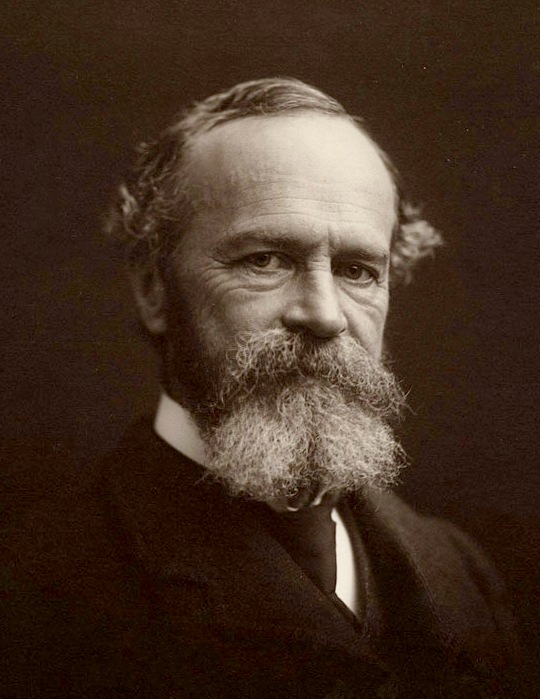
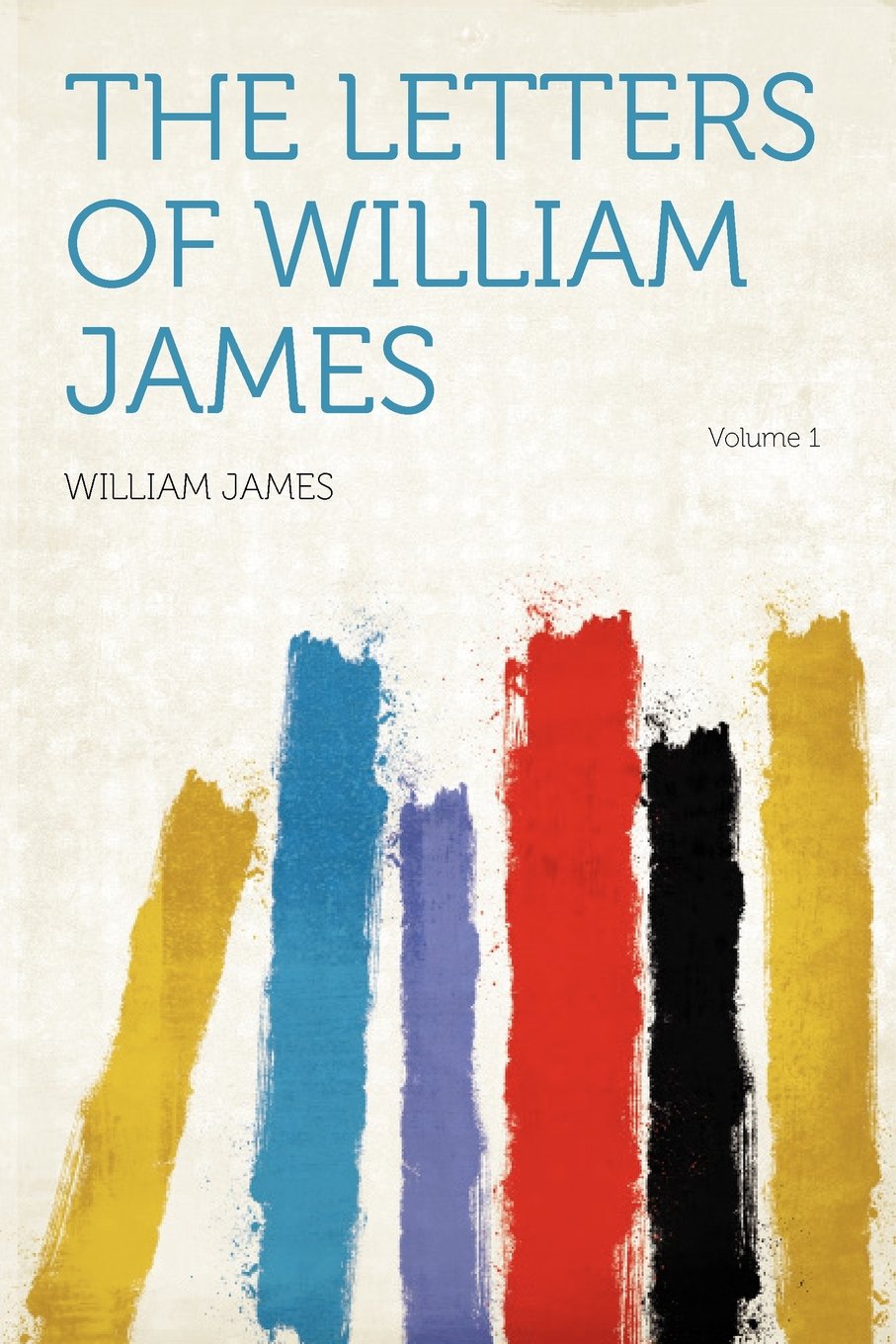
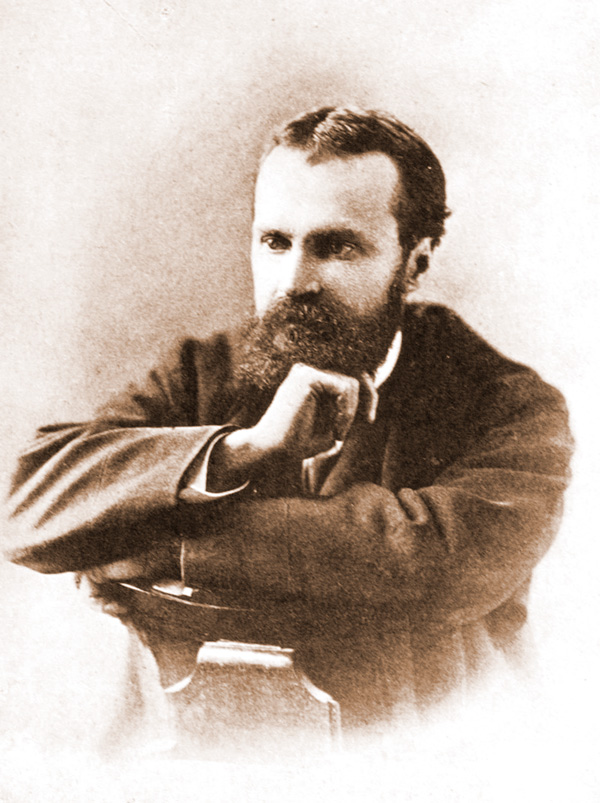
















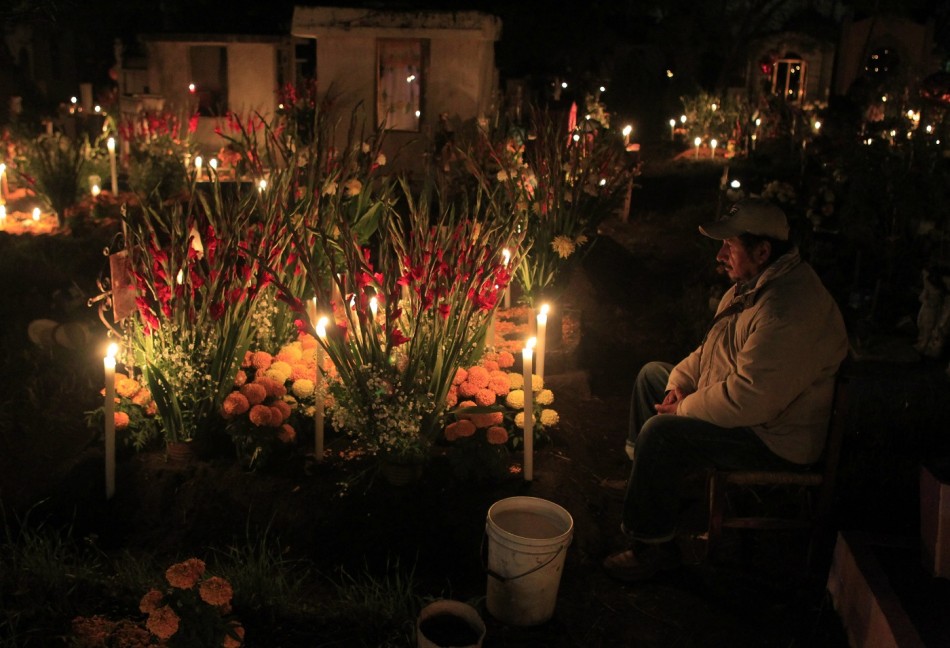









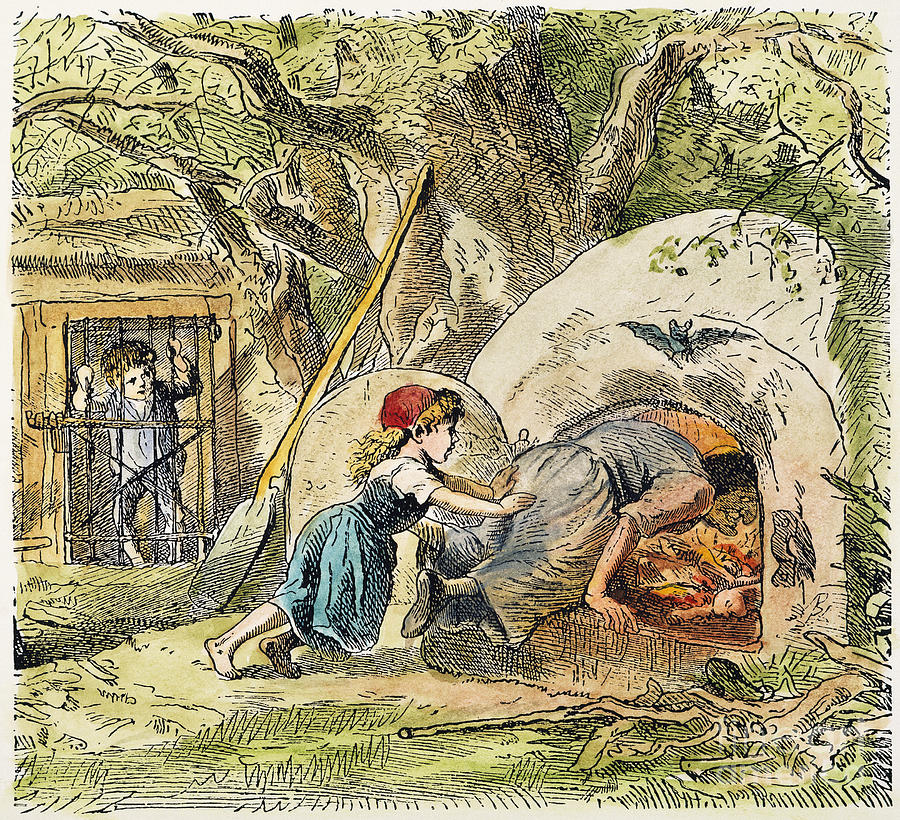





























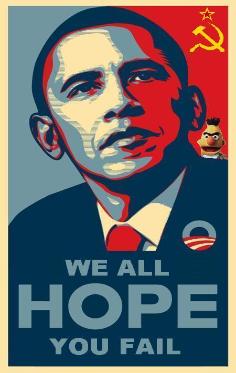



.jpg)


















